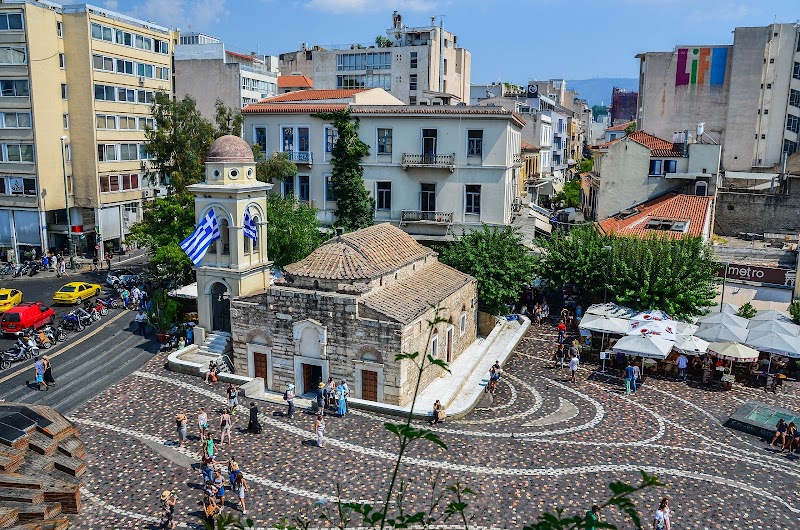Welcome to Greece
Are you captivated by the charm of picturesque islands, sun-kissed beaches, and ancient civilizations? If so, our "Tourist Map of Greece" is your gateway into a world of historical echoes and breathtaking landscapes. From the ancient ruins of Athens to the immaculate beaches of Crete, culminating in the awe-inspiring beauty of Santorini's clifftop towns, Greece weaves a compelling tale that fascinates every visitor. This is a land rich in history, where every corner whispers tales from the past, and the gorgeous landscapes take your breath away.
Our interactive tourist map is the ideal tool to navigate the myriad wonders of Greece. This map is your passport to the best Greece offers, providing you the freedom to explore its countless treasures at your own pace. With this map, the fascinating world of Greece is literally at your fingertips, ready to be explored and cherished.
What to see and do in Greece
While the pristine beaches of Crete and the beauty of Santorini's clifftop towns are quite popular, there's more to Greece than meets the eye. Greece is a treasure trove of hidden gems and lesser-known wonders awaiting your discovery. If you're keen to explore other vibrant destinations, our Tourist Map of Sicily and Tourist Map of Corsica might be of interest to you. This country is a vibrant tapestry of experiences, where age-old traditions blend seamlessly with modern, cosmopolitan vibes. Prepare to be captivated by the pulsating energy of Thessaloniki, the idyllic tranquility of Pelion, and the grandeur of Meteora. Embark on a journey beyond the usual and dive into the heart of Greece's diverse charm.
Thessaloniki: Greece's Cultural Powerhouse
The bustling city of Thessaloniki, serving as the cultural hub of Northern Greece, will invigorate you with its dynamic atmosphere. Here, the old mingles with the new, offering a captivating contrast between the historic White Tower and the contemporary art showcased at the State Museum. Thessaloniki’s vibrant nightlife, lively tavernas, and music-filled bouzoukia make it a city that never sleeps.
Rotunda of Galerius
While in Thessaloniki, don't miss the Rotunda of Galerius, an impressive cylindrical building dating back to the 4th century. This monument, which has served numerous roles throughout history, offers a unique glimpse into the city's diverse cultural heritage. If you're interested in exploring lesser-known destinations like Thessaloniki, check out our Tourist Map of Calabria for more exciting destinations.
... (continúa el artículo) ...
